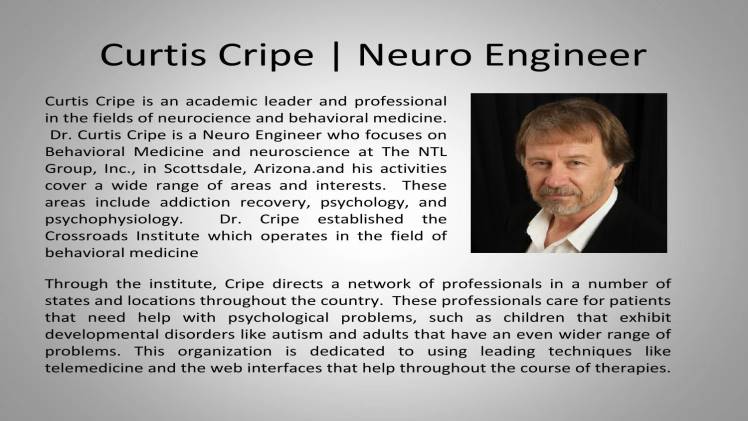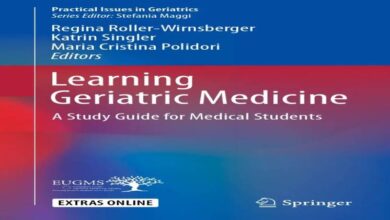The Defense Capabilities of the Brain’s Cognitive Reserve – Dr. Curtis Cripe

Cognitive reserve, often likened to a mental savings account, is a remarkable concept within neuroscience. It represents the brain’s resilience against cognitive decline and neurological diseases like Alzheimer’s and Parkinson’s. We’ve got experts like Dr. Curtis Cripe to give their insights, so let’s delve into cognitive reserve, emphasizing its significance and the vital connection it holds with resisting degenerative conditions like Alzheimer’s.
Understanding Cognitive Reserve
Cognitive reserve is a cognitive backup system, enabling the brain to withstand and adapt to cognitive damage or decline. It serves as a protective buffer against the impacts of aging and various neurodegenerative diseases. Essentially, individuals with a higher cognitive reserve possess greater mental resilience, enduring more substantial brain damage before experiencing noticeable cognitive deficits.
Factors Influencing Cognitive Reserve
Several factors contribute to the development and extent of cognitive reserve:
- Education and Intellectual Stimulation: Engaging in lifelong learning and intellectually stimulating activities, such as reading, problem-solving, and learning new skills, enrich cognitive reserve.
- Occupational Complexity: Occupations demanding critical thinking, continuous learning, and creativity are associated with greater cognitive reserve. These roles often involve managerial, professional, or creative tasks.
- Social Engagement: Active social lives and meaningful relationships contribute positively to cognitive reserve. Social interactions challenge the brain and support emotional well-being.
- Physical Activity: Regular physical exercise enhances cognitive reserve by improving blood flow to the brain and promoting the growth of neural connections.
- Healthy Lifestyle Choices: Maintaining a balanced diet, sufficient sleep, stress management, and avoiding harmful substances contribute to cognitive health and bolster cognitive reserve.
The Alzheimer’s Connection
Cognitive reserve holds a pivotal role in resisting neurodegenerative conditions, particularly Alzheimer’s disease. Here’s how it works:
- Delaying Cognitive Decline: A robust cognitive reserve often leads to a later onset of cognitive decline. This delayed decline substantially improves the overall quality of life as individuals age.
- Reducing Dementia Risk: Higher cognitive reserve correlates with a reduced risk of developing dementia, even in the presence of brain pathology associated with the disease.
- Optimizing Cognitive Function: Cognitive reserve allows individuals to maintain cognitive abilities such as memory, attention, and problem-solving skills, enabling them to lead fulfilling lives despite the presence of neurological conditions.
Bolstering Your Cognitive Reserve
Enhancing cognitive reserve is achievable throughout life:
- Lifelong Learning: Engage in intellectually stimulating activities, like reading, learning new languages, or acquiring musical skills.
- Social Engagement: Maintain an active social life by interacting with friends, family, or participating in clubs and volunteer work.
- Physical Activity: Regular exercise supports cognitive health through improved blood flow and neural growth.
- Healthy Lifestyle: Prioritize a balanced diet, adequate sleep, stress management, and avoidance of harmful substances to protect cognitive health.
In conclusion, cognitive reserve is a powerful ally against cognitive decline and degenerative conditions like Alzheimer’s. By consciously engaging in activities that challenge your mind, nurturing social connections, prioritizing physical and mental health, and embracing lifelong learning, you can bolster your cognitive reserve and cultivate mental resilience that will serve you well as you age.





